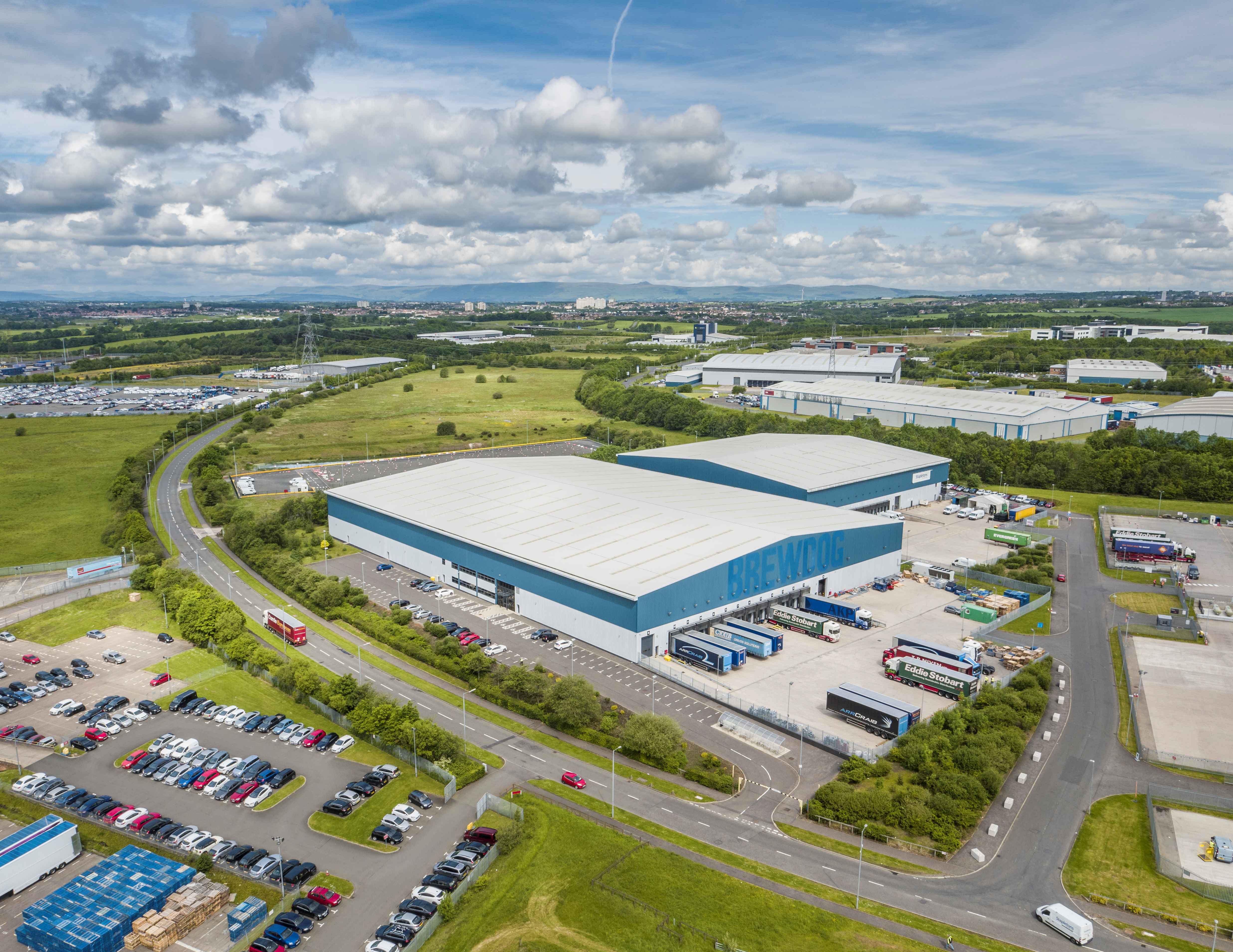Knight Frank: More Scottish businesses expected to explore sale-and-leasebacks
More Scottish companies are expected to sell and lease back their premises as they explore alternative ways of raising capital and strengthening their balance sheets, according to analysis from Knight Frank.

BrewDog's Hop Hub in Edinburgh
The firm found that £1.05 billion has been raised by companies selling and leasing back commercial real estate in the UK during 2020, representing 6% of all commercial real estate transactions by volume – a level not seen since 2008/9, during the Global Financial Crisis.
Of the transactions completed in 2020, 62% were for industrial assets, 22% involved offices and 17% were in the retail sector, with investor demand determined by a combination of the underlying asset value, tenant covenant strength, and lease terms.
Knight Frank forecasts that UK sale-and-leasebacks will reach £2bn in 2020, above the five-year average despite an overall 50% year-on-year decline in UK commercial real estate investment.
Several sale-and-leaseback deals have concluded in Scotland during the past 12 months, including the sale of John Menzies Edinburgh Park headquarters and BrewDog’s Hop Hub located at Eurocentral.
More than £850 million of UK commercial property is currently being actively marketed for sale by companies on a leaseback basis, including BP’s international headquarters at St James Square, and the London head office of British American Tobacco, at Temple, W2.
Alasdair Steele, head of Scotland commercial at Knight Frank, said: “Sale-and-leaseback deals are becoming an increasingly popular option for businesses as they look to raise cash and shore up balance sheets. They are an attractive option for companies looking to improve their financial position and an efficient way of releasing capital from their property assets. Effectively they are a bond that uses the strength of covenant to underpin the deal, providing cash without debt.
“Their popularity with businesses is also reflected in investor appetite. Sale-and-leasebacks offer a number of benefits to investors as a source of secure long-term, index-linked income – highly sought-after in these uncertain economic conditions.
“However, to make them work for both occupiers and investors they need to be structured in a way that offers an attractive return without placing undue stress on the vendor or potential tenant. Striking this balance will be key for both parties as more sale-and-leaseback deals are concluded in the remainder of 2020 and into next year.”










